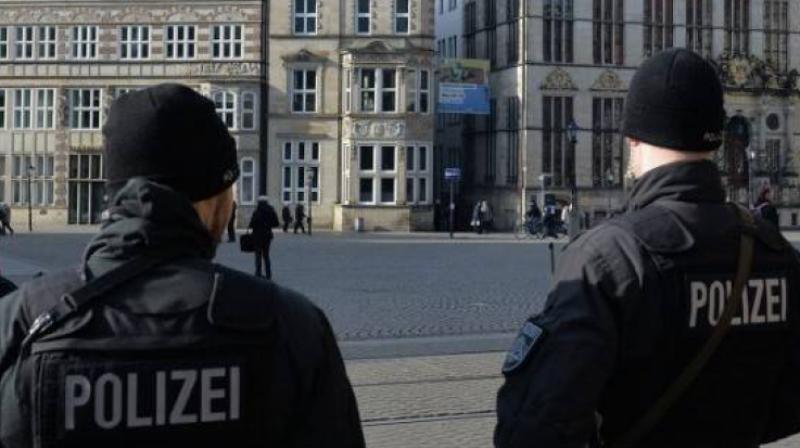Police raids homes and offices of opposition activists across Russia
Police appear to be targeting those who were part of Navalny\'s 2018 presidential election campaign.

Moscow: Police are raiding homes and offices of supporters of Russian opposition leader Alexei Navalny in 43 Russian cities, his close allies said Thursday.
So far, more than 150 raids have taken place across the country, from Vladivostok on the Pacific to Krasnodar in Russia's south. Police have also searched the home of Sergei Boyko, a Navalny associate who came second with nearly 20 percent of the vote in the mayoral election in Russia's third-largest city of Novosibirsk last Sunday.
Police appear to be targeting those who were part of Navalny's 2018 presidential election campaign. Though Navalny was not allowed to run, his supporters in local election headquarters in dozens of Russian cities have grown in force, investigating high-level corruption and mobilizing supporters for opposition rallies.
Many of his allies in the regions ran in local elections last Sunday and monitored the voting, documenting wide-spread violations in some regions like St. Petersburg. They have followed his lead in harnessing the new technology including YouTube live broadcasts and slickly produced video investigations.
"We're obviously talking about an attempt to hamper the operations of our regional network," Leonid Volkov told The Associated Press. He said he expected the police to confiscate equipment and described the raids as a "robbery attempt," estimating the damage at several million rubles (over USD 15,000).
Volkov said the raids were linked to their successful election strategy in Moscow which cut the presence of pro-government candidates in the city legislature by a half. Respected election monitoring group Golos also reported that homes of three of its regional coordinators have been raided. It said in a statement that the three people were training election monitors before the Sunday vote. Golos condemned the police actions as "an attempt of pressure and intimidation of public monitors."

